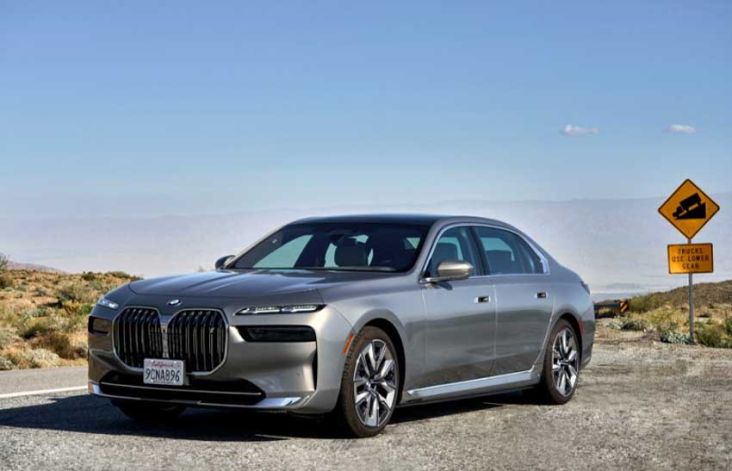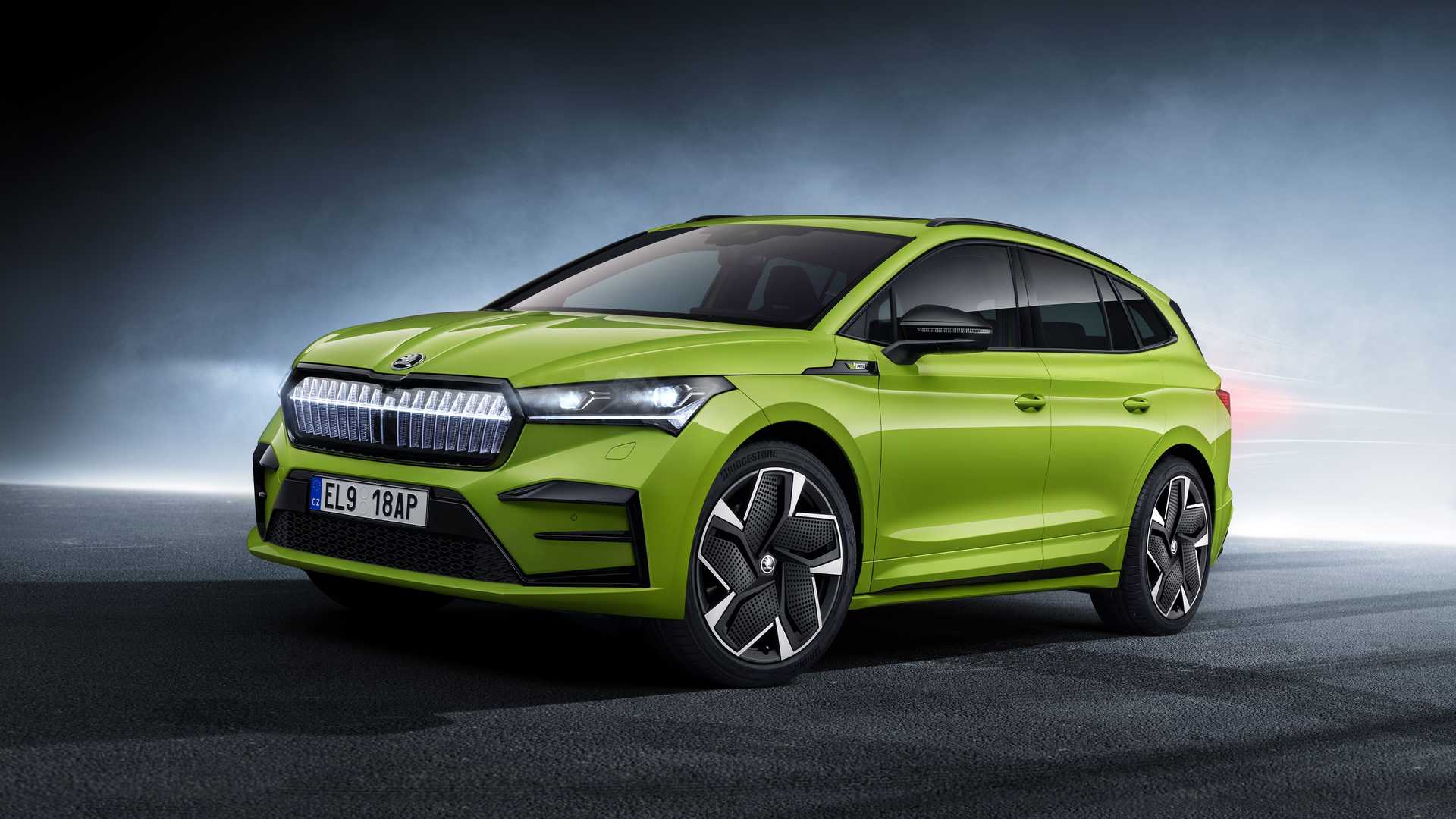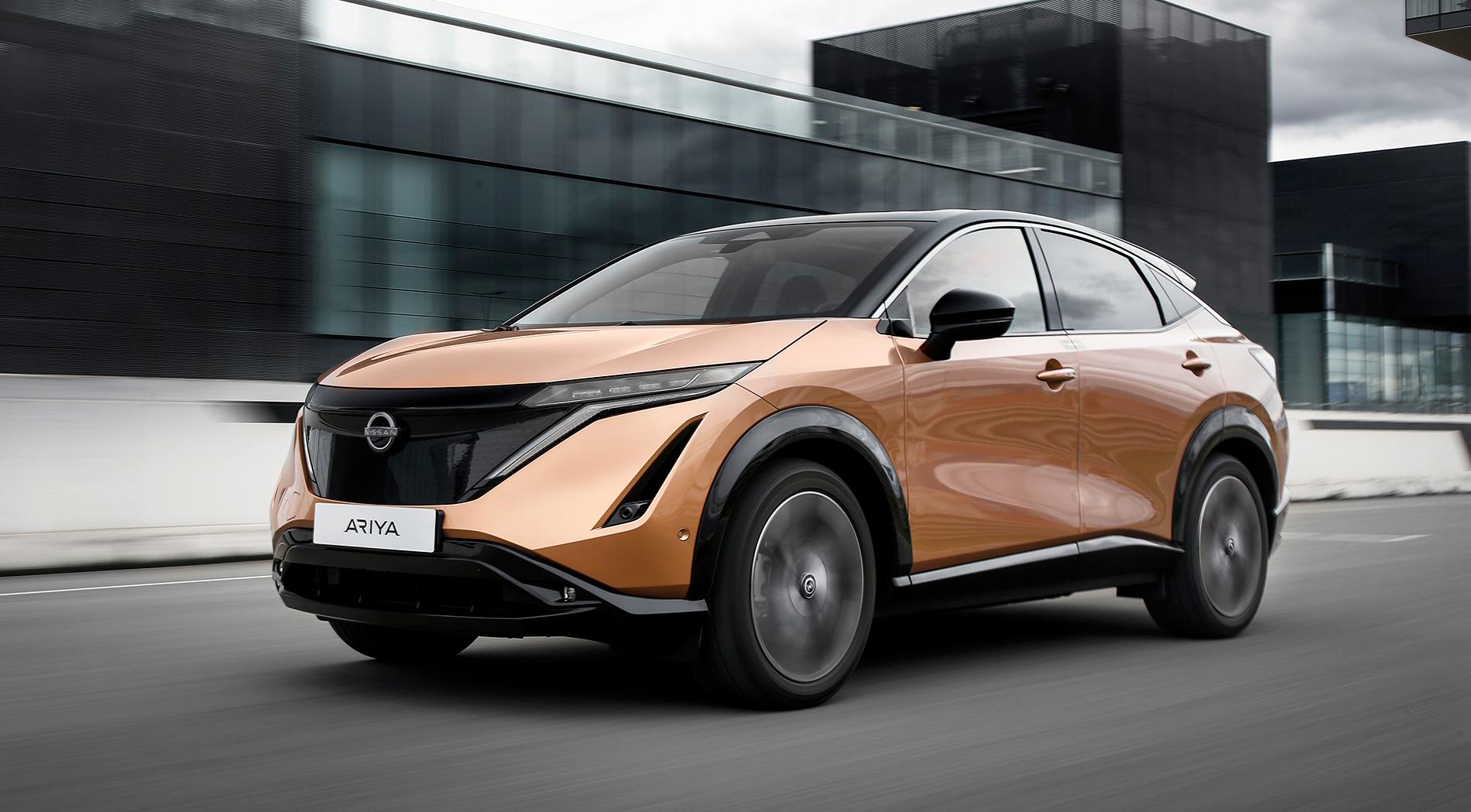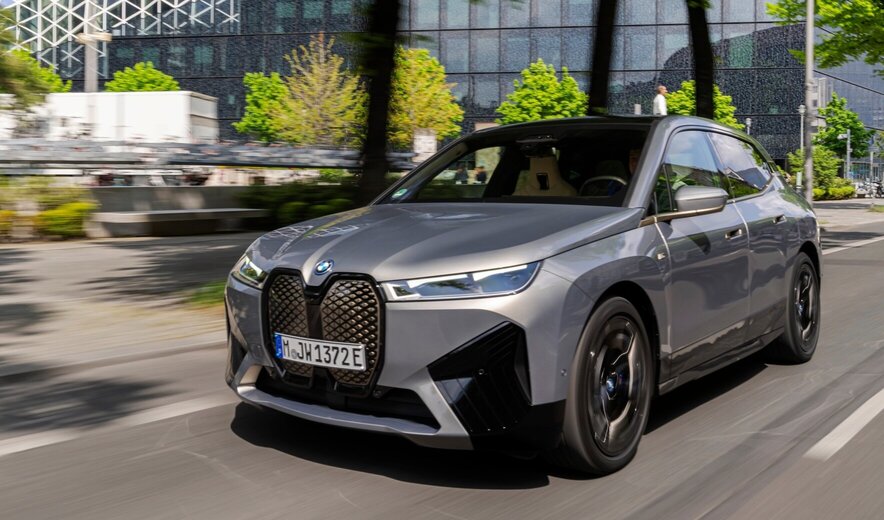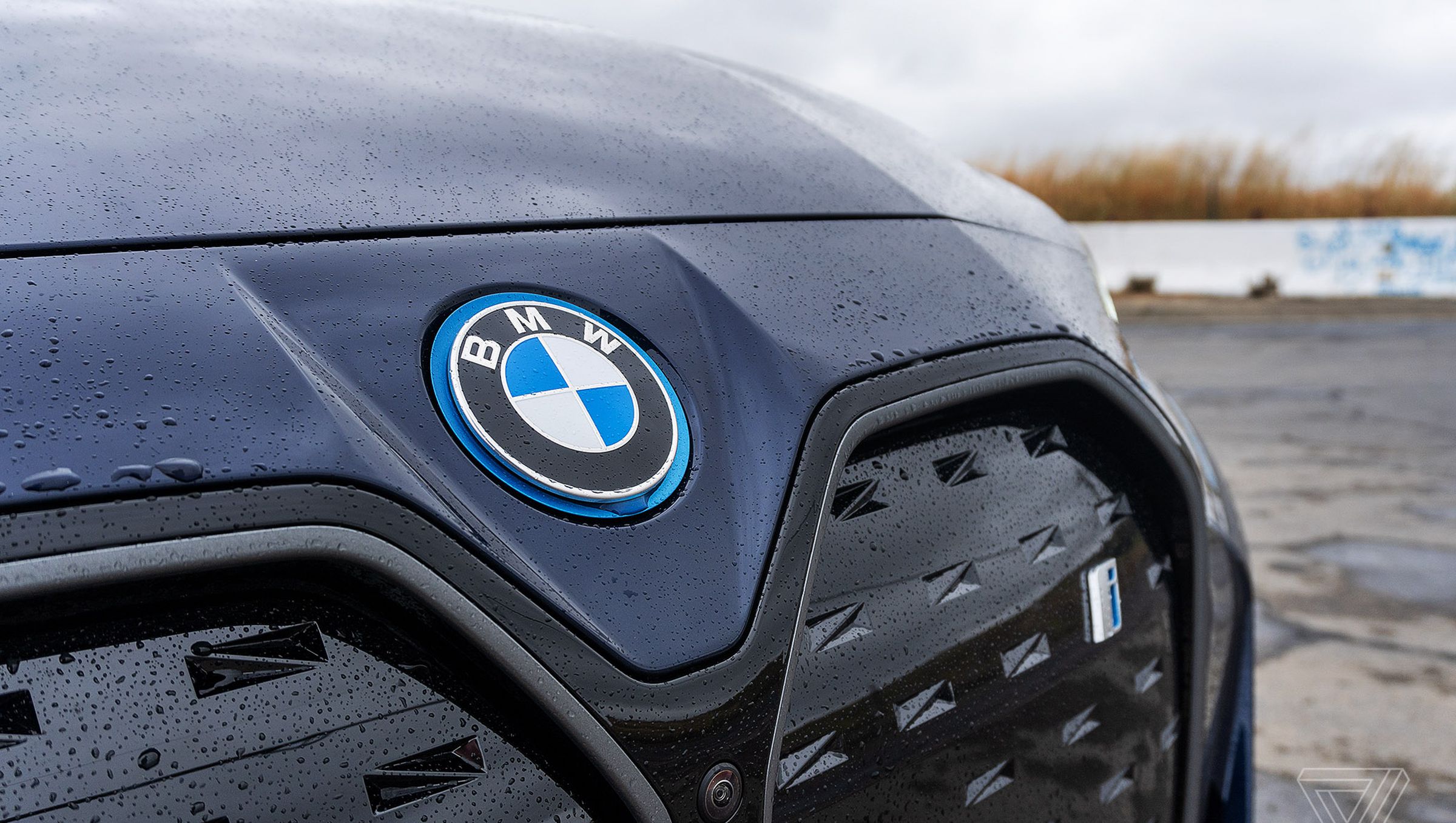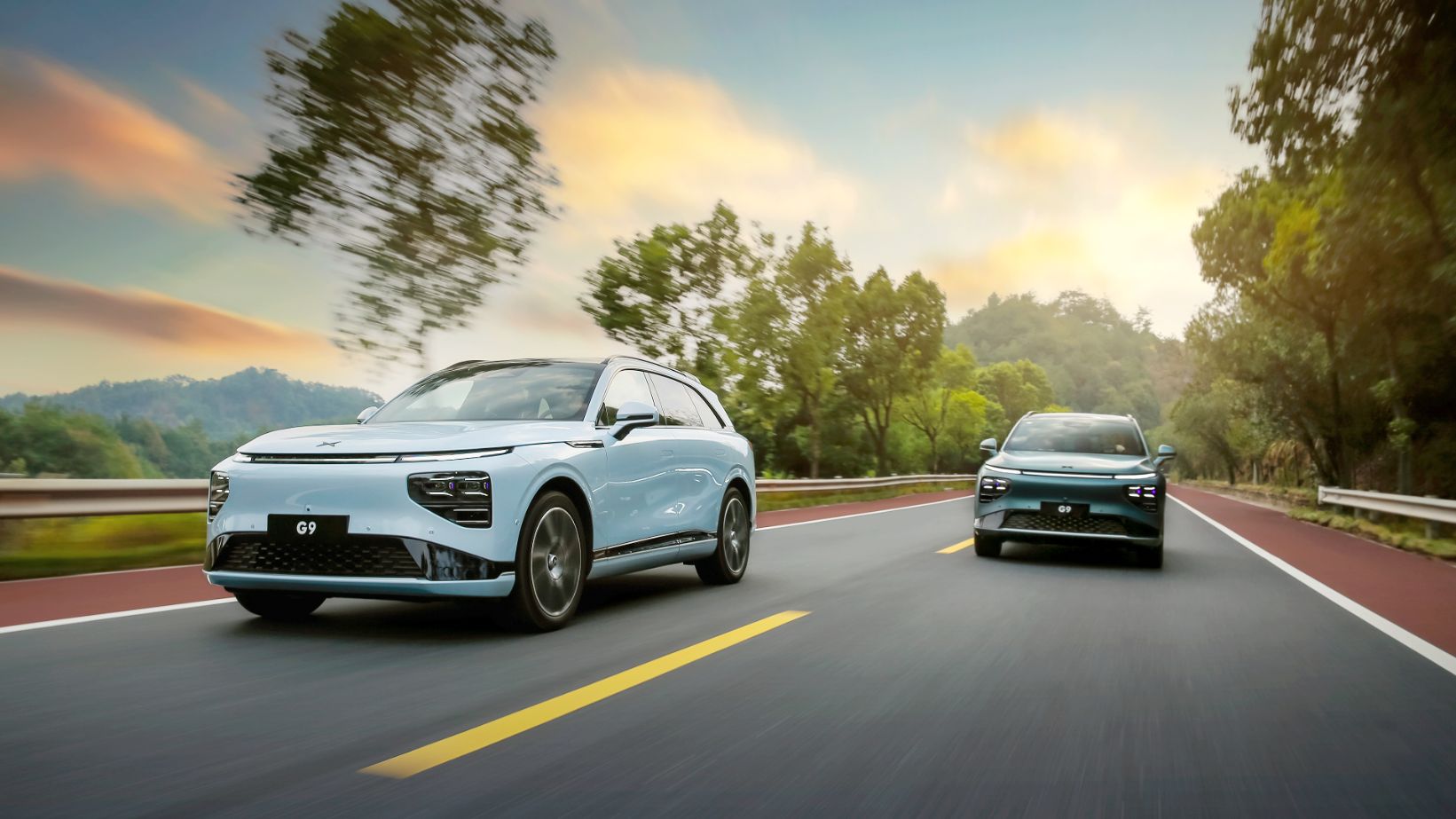According to the China Passenger Car Association (CPCA), BMW delivered 44,344 electric vehicles (EVs) in China in 2022, a significant increase of 95% compared to the previous year’s sales of 22,684. Of these EVs, 93% were iX3 and i3 (eDrive35L) models. Despite this growth, BMW holds a market share of only 0.93% in the Chinese EV market, ranking 18th among manufacturers.
It’s important to note that the BMW i3 eDrive35L is not the same as the 2013 BMW i3 hatchback. The i3 eDrive35L is a new electric sedan that was launched in China in April 2022. It boasts a single electric motor (rear-wheel drive) with 210 kW (286 hp) and 400 Nm of torque, as well as a 70.3 kWh battery that can provide a driving range of up to 526 km (CLTC).
Despite the launch of the new i3 model, BMW’s EV sales in China were relatively low in the first ten months of 2022. However, the company offered substantial discounts in November and December, resulting in a significant increase in sales. Overall, BMW delivered more than 760,000 cars in China in 2022, with EVs accounting for only 6% of total sales, well below the average for China of 23%. The iX3 model accounted for the majority of EV sales, with the i3 and iX and i4 models accounting for less than 8% each.
BMW’s competitors in China, such as Nio and HiPhi X, have seen much greater success in the EV market. Nio delivered 122,486 EVs in 2022, an increase of 34% compared to the previous year, while HiPhi X, an high-end electric vehicle with a price range of 620,000 to 890,000 yuan, sold 4,346 cars in 2022.
BMW faces stiff competition in the Chinese EV market from Tesla and local brands such as BYD. Additionally, Tesla’s recent price cuts in January have added further pressure to the company’s EV sales in China. In order to maintain market share and protect its brand, BMW will need to launch more competitive products or revise its sales strategy. Discounts and price cuts alone will not be sufficient to address these challenges, as they may ultimately damage the value of the BMW brand both in China and globally.

